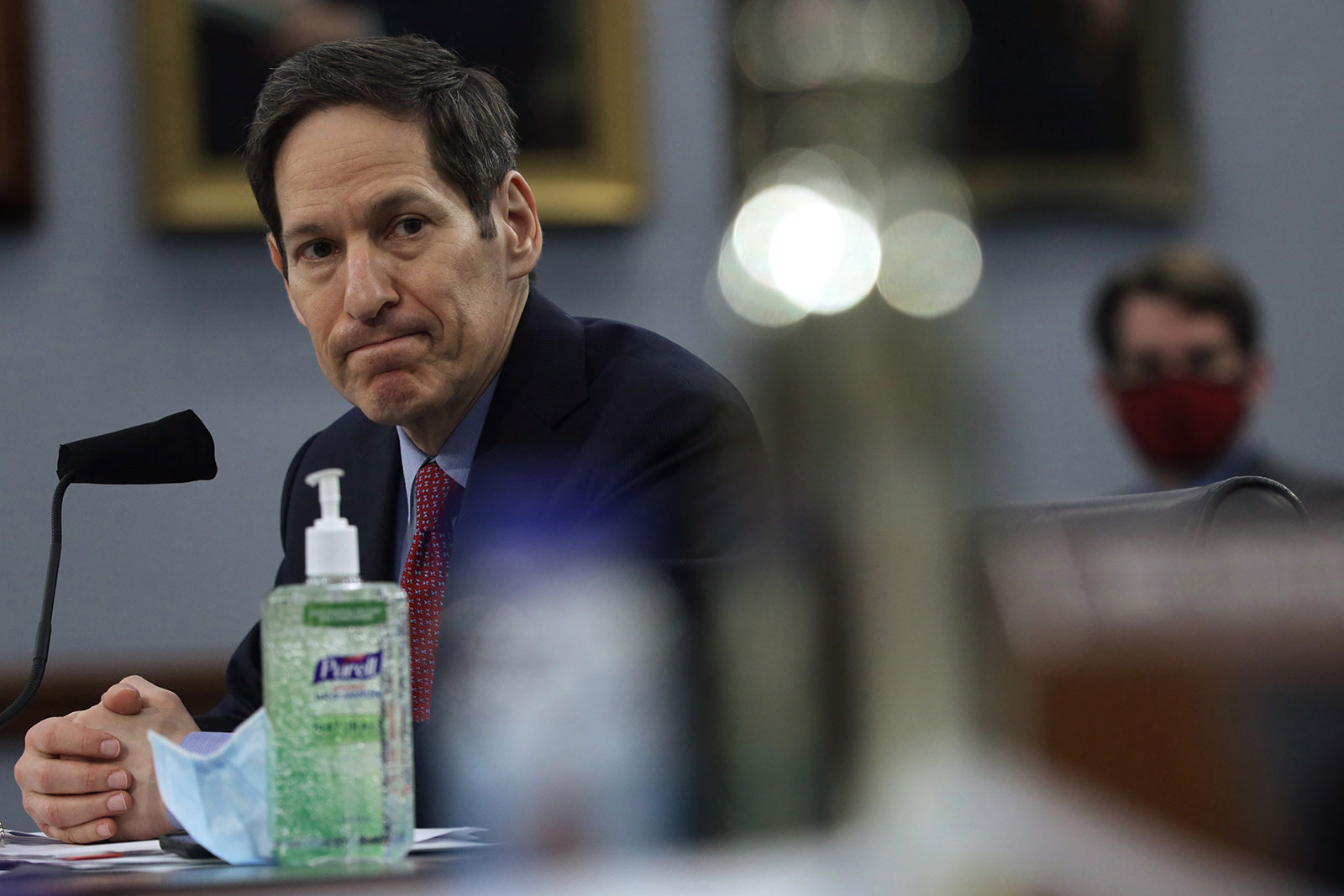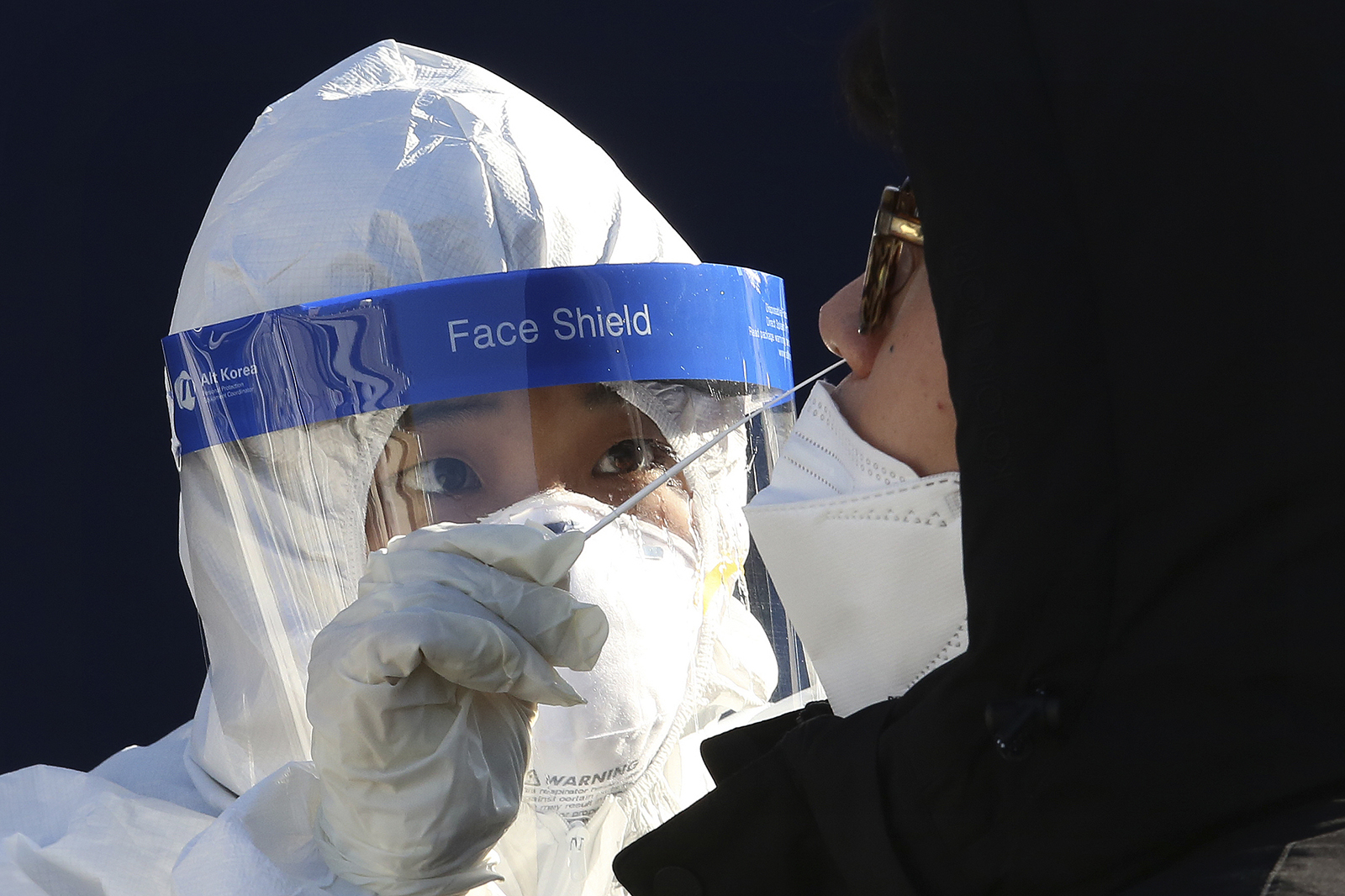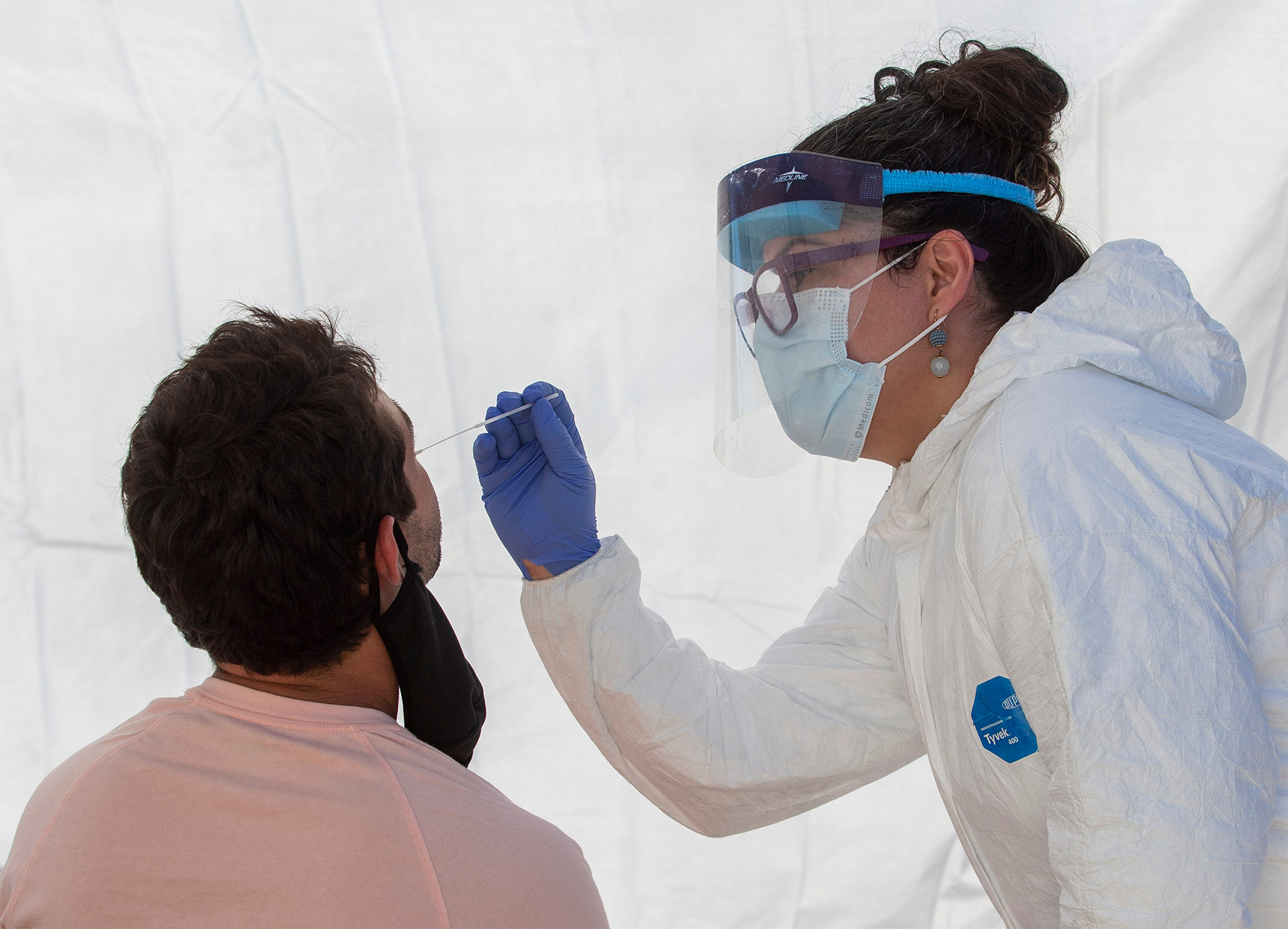
For those confused or concerned about how the coronavirus vaccine actually works, here's one medical expert's explanation: it's like Snapchat.
“An mRNA vaccine doesn't actually contain the virus itself. Think of it as an email sent to your immune system that shows what the virus looks like, instructions to kill it, and then --like a Snapchat message -- it disappears. Amazing technology,” said Dr. Tom Frieden, former director of the Centers for Disease Control and Prevention (CDC), on Monday.
Both Pfizer-BioNTech and Moderna use mRNA (messenger RNA) for their vaccines. The Pfizer vaccine began distribution in the United States on Monday.
Unlike most vaccines, the mRNA vaccines do not contain a live virus, meaning they do not carry a risk of causing disease in the vaccinated person. The mRNA technology has been studied for about a decade.
Scientist Katali Karikó, senior vice president of BioNTech and a pioneer in mRNA vaccine technology, said she knew the technology would work for the new vaccines. She is receiving her vaccination later this week.
“I expected that it would work because we already had the experiments,” Karikó told CNN. “I was confident that it would work.”
“Now we are very excited it became a vaccine, part of this vaccine for both companies, and really we will celebrate when this human suffering is over.”

